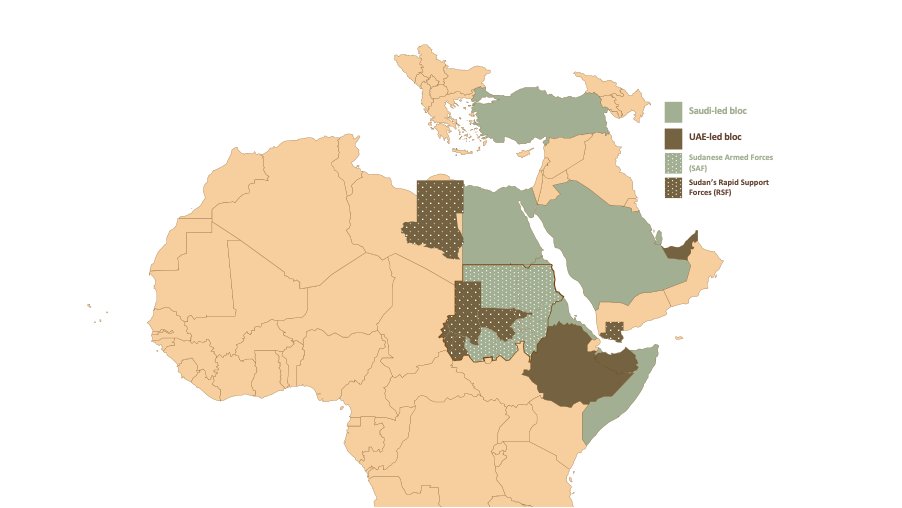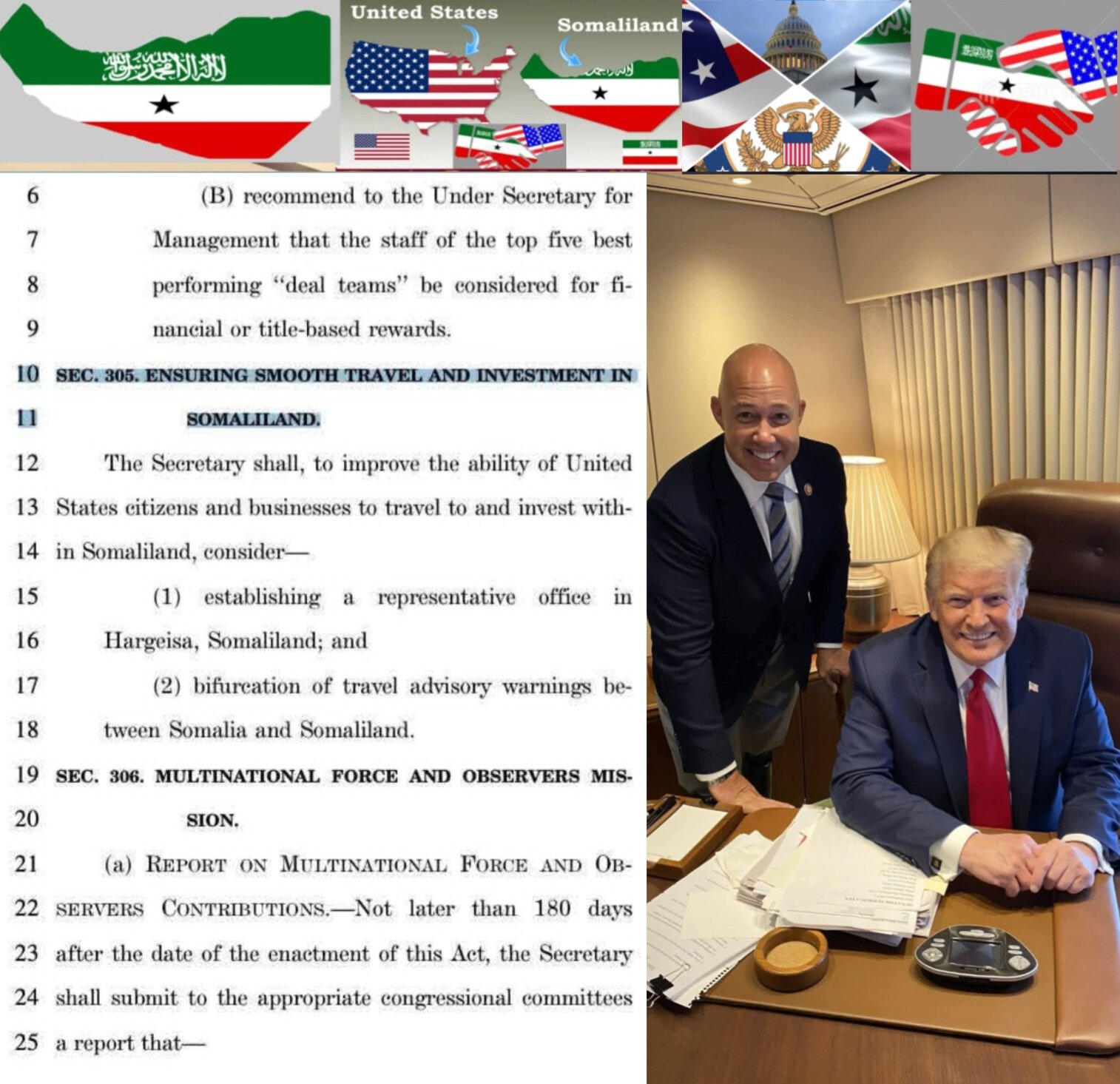Mekelle፡Telaviv, Nairobi, Pretoria, London, (Horn News Hub).
Somaliland’s Path Forward: Strategic Autonomy and the Case for U.S. Recognition
By Gebre Tatios
For over three decades, Somaliland has defied the chaos that has engulfed much of the Horn of Africa. Declaring independence from Somalia in 1991, this self-governing republic has built functioning democratic institutions, maintained relative security, and fostered economic resilience. Yet, despite these achievements, Somaliland remains unrecognized by the international community, limiting its diplomatic influence and economic potential.
Navigating Regional Blocs
Recent geopolitical shifts have underscored Somaliland’s strategic importance along the Red Sea. The UAE-led bloc offers potential economic and security benefits through investment in ports, infrastructure, and strategic partnerships. Conversely, the Saudi-led bloc, with backing from Egypt, Eritrea, and Somalia, underscores the broader geopolitical constraints on Somaliland’s recognition. Aligning with one bloc or the other carries both opportunities and risks, and the unrecognized republic must carefully navigate these competing influences.
Three plausible strategies emerge:
Deepening ties with the UAE-led bloc could accelerate economic development and enhance security partnerships but may antagonize Saudi-aligned actors.
Engaging the Saudi-led bloc might improve political legitimacy and open dialogue with Somalia yet requires careful diplomacy and potential concessions.
Pragmatic neutrality, leveraging both blocs without full commitment, allows Somaliland to maintain internal stability while maximizing economic and diplomatic benefits.
The Limits of Regional Institutions
While the African Union (AU) plays a central role in continental politics, its strict adherence to the principle of territorial integrity constrains its capacity to recognize Somaliland. The AU’s limited influence in such cases means that continental endorsement alone is unlikely to secure the international legitimacy that Somaliland seeks.
The Role of the United States
Here, the United States emerges as a decisive actor. Recognition by Washington would confer international legitimacy, attract foreign investment, and provide a framework for security cooperation that strengthens both Somaliland and regional stability. Beyond strategic calculations, U.S. recognition would signal a broader principle: that functional governance, democratic institutions, and stability can take precedence over inherited colonial borders.
In recent years, U.S. senators have actively championed Somaliland’s recognition, introducing resolutions and lobbying the administration to formally acknowledge the republic. Their efforts reflect growing bipartisan awareness that Somaliland is a stable, reliable partner in a volatile region, capable of contributing to both American strategic interests and broader Horn of Africa stability.
Looking Ahead
Somaliland’s path forward requires both strategic prudence and international support. By balancing foreign partnerships with sound governance and pressing for U.S. recognition with active advocacy from American lawmakers it can consolidate its achievements and position itself as a legitimate actor in a volatile region. In the interplay between local aspirations and global geopolitics, Somaliland’s future will ultimately hinge on its ability to leverage both internal strength and external endorsement to secure its place on the international stage.






